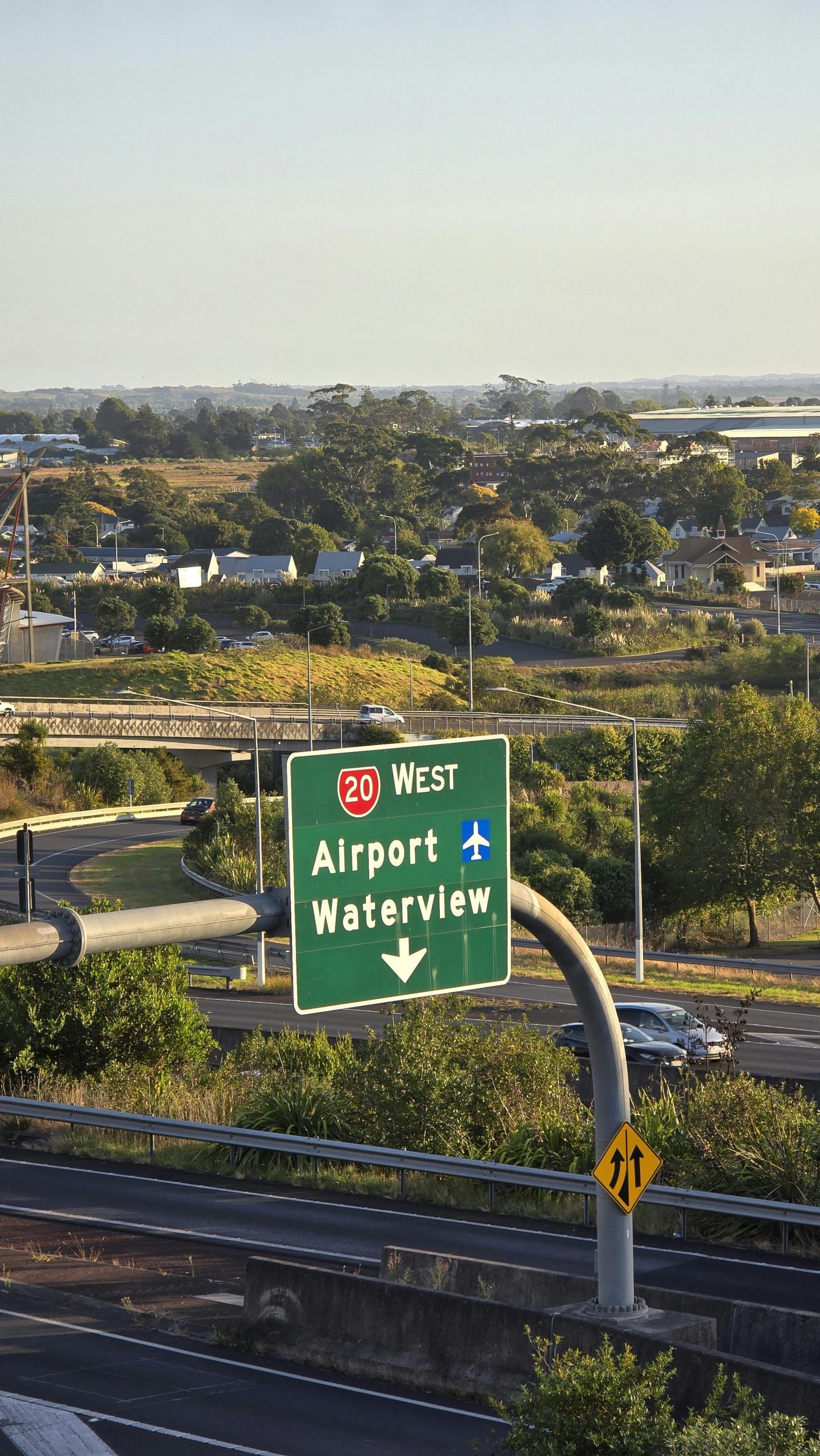Navigating Post-Accident Vehicle Repair Challenges: When Insurance and Repairs Don’t Go as Planned
Dealing with the aftermath of a car accident can be complicated enough, but what happens when your vehicle experiences unexpected issues after repairs? Here’s a real-life scenario highlighting common frustrations and potential paths forward.
Imagine this: a few weeks ago, you were involved in a rear-end collision caused by another driver. Their insurance accepts liability, and your vehicle is sent to an approved repair shop to address the damages—primarily in the rear bumper and backup camera area. During the process, the repair shop delays pickup multiple times but eventually informs you that your car is ready for collection.
However, upon retrieval, you discover your vehicle no longer starts. The repair shop claims there’s now an electrical wiring problem but denies responsibility, insisting you must tow the car off-site for repairs at your own expense. Prior to the accident, your car operated flawlessly; diagnostics showed no issues beyond the initial damage. Now, you’re faced with a non-functional vehicle, unexpected repair costs, and no clear support from the insurance provider.
This situation underscores several important considerations:
Understanding Liability and Repair Responsibilities
While insurance companies typically cover collision repairs, unresolved or newly emerged issues can sometimes fall into gray areas. If damage occurs during repair—such as electrical wiring problems—it’s crucial to determine responsibility. Often, a thorough inspection or third-party assessment may be necessary to establish fault or negligence.
Next Steps for Vehicle Owners
1. Document Everything: Keep detailed records of all communications, repair reports, and diagnostics. Photos of your vehicle before and after repairs can be invaluable.
2. Consult Independent Mechanics: Obtain an unbiased assessment of the electrical issue to evaluate whether it’s related to the recent repairs.
3. Engage with the Repair Shop: Request a written explanation of the electrical problem and why it’s not their fault. Sometimes, repair shops will take responsibility or offer solutions if the damage is related to their work.
4. Contact Your Insurance Provider: Clarify your coverage and whether additional support can be requested for the unexpected repair costs.
5. Explore Consumer Protection Options: If you believe you’re being unjustly left to cover repair expenses due to repair shop malpractices or insurance disputes, consulting local consumer protection agencies or legal counsel can be helpful.
Moving Forward
Experiencing a non-starting vehicle after repairs introduces stress and financial strain. However, understanding your rights, gathering



